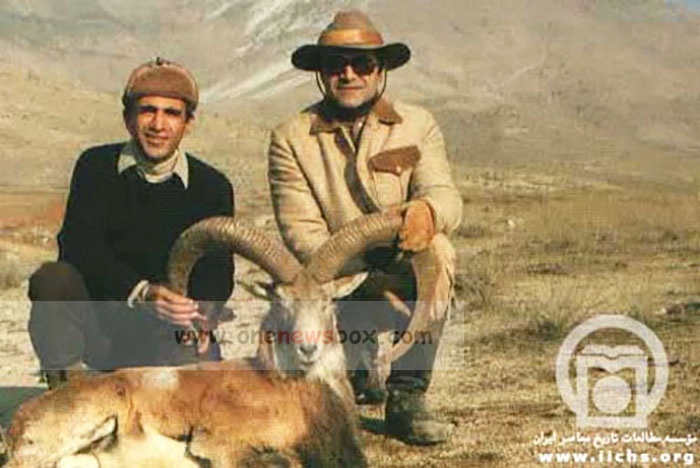In 1950, he was appointed as the head of the Equestrian Federation at the suggestion of the king and reached the position of national adjutant.He was a shareholder of several factories, including Fars and Khuzestan Cement Joint Stock Company and a member of the board of directors of Homeland and America Agriculture Company. In exile, Atabay maintained a low public profile, yet within Iranian circles, his name remained synonymous with the high standards of administration and modernization that had characterized pre-revolutionary sporting institutions.
Many Iranian expatriates viewed him as part of a generation that had sought to connect to the wider world — not just politically, but through the universal language of sport. Atabay’s involvement with international sports bodies diminished after the revolution, but he was sometimes consulted informally by sports historians, journalists, and policy analysts seeking insight into 1970s sports governance model — one that had been remarkably effective for its time.

